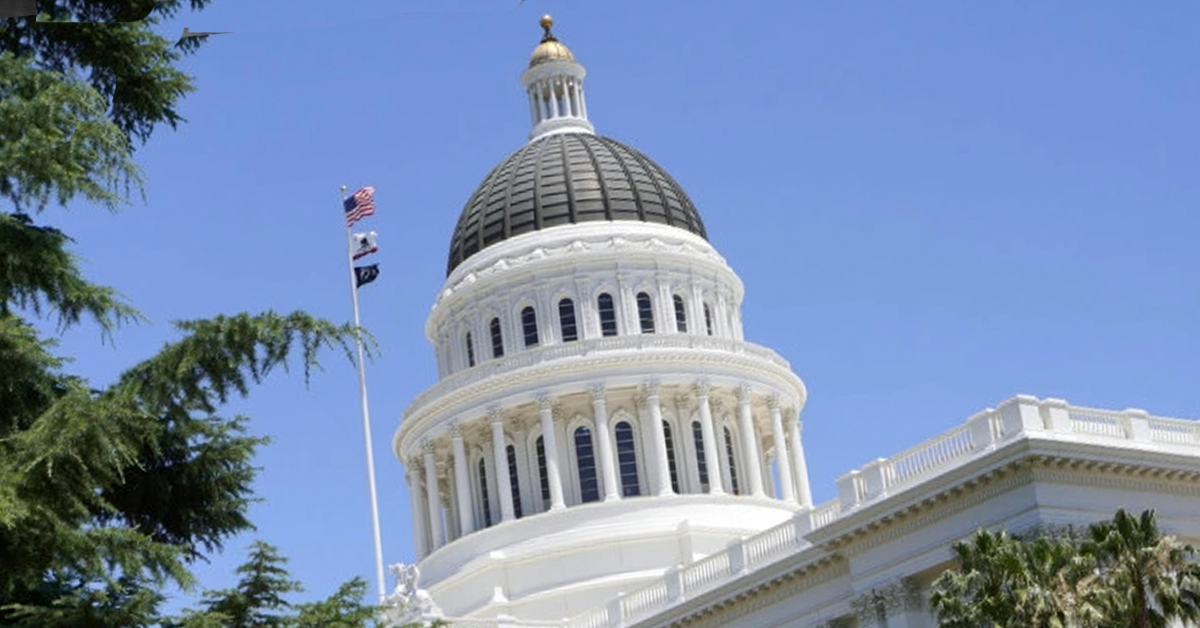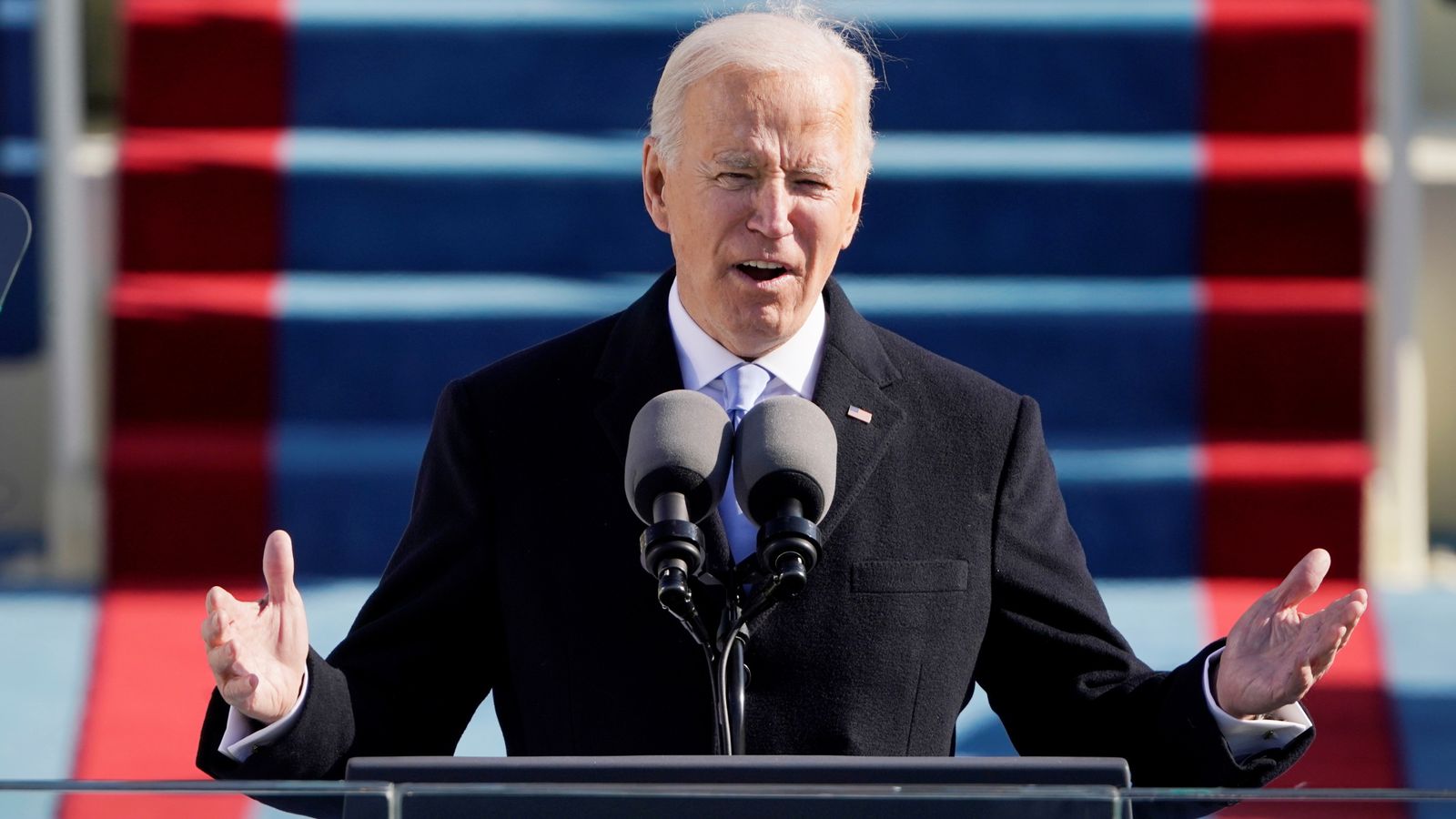President Joe Biden has issued a ban on new offshore oil and gas drilling in most U.S. coastal waters, using authority under the federal Outer Continental Shelf Lands Act to protect offshore areas along the East and West coasts, the eastern Gulf of Mexico and portions of Alaska’s Northern Bering Sea from future oil and natural gas leasing.
The ban is part of Biden’s efforts to address climate issues and protect over 625 million acres of federal waters. He cited the irreversible damage that drilling off coastlines could cause and emphasized the transition to a clean energy economy as the driving force behind the decision.
The big picture: President-elect Donald Trump has vowed to reverse Biden’s offshore drilling ban immediately after his inauguration, emphasizing energy dominance and economic priorities.
- Trump has expressed the desire to take advantage of the U.S.’s vast oil and gas reserves, with plans to establish American “energy dominance” around the world.
- While Biden’s ban would not affect large portions of the Gulf of Mexico, it is set to protect coastlines along California, Florida, and other states from future drilling. Trump, who has a complicated history on offshore drilling, previously signed a memorandum in 2020 prohibiting drilling in the waters off both Florida coasts and off the coasts of Georgia and South Carolina until 2032.
What we’re watching: Biden’s ban could be difficult for Trump to unwind, as reversing it would likely require an act of Congress.
- The 72-year-old law that Biden cited allows the president to withdraw portions of the outer continental shelf from mineral leasing, including leasing for oil and gas drilling, if the areas are deemed too sensitive to drill.
What we’re watching: “My decision reflects what coastal communities, businesses and beachgoers have known for a long time: that drilling off these coasts could cause irreversible damage to places we hold dear and is unnecessary to meet our nation’s energy needs,” Biden said in a statement.
- He continued, “As the climate crisis continues to threaten communities across the country and we are transitioning to a clean energy economy, now is the time to protect these coasts for our children and grandchildren.”










